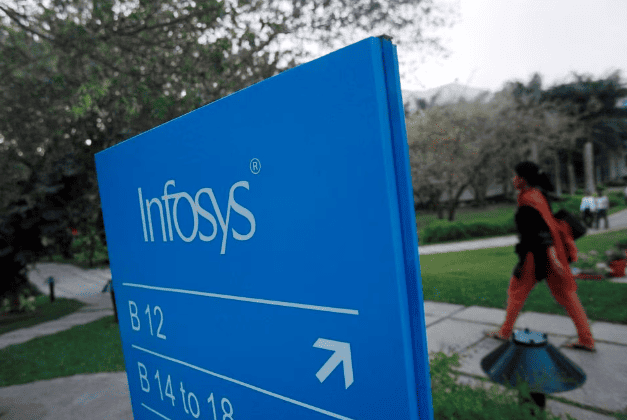Infosys, India’s No.2 IT services provider, signed a $454-million contract with Denmark’s Danske Bank on Monday, at a time when the broader sector is struggling with a slowdown in an uncertain global economy.
The IT company will help digitize the lender’s core business and add more cloud and data facilities to it, including Infosys acquiring Danske Bank’s IT centre in India, it said in a regulatory filing.
The contract is for five years, with an option to renew for one more year for a maximum of three times.
Bengaluru-based Infosys’ contract comes days after Mumbai-based bigger rival TCS signed a deal worth 840 million pounds with British pension scheme Nest, for an starting tenure of 10 years.
Still, at least one analyst said the contracts might not be enough to turn the tide for the industry.
“Despite a strengthened order pipeline, the effects of this deal might be offset by macro factors such as inflation and increased labour costs,” Akshara Bassi, an analyst at Counterpoint Research, said on the Danske Bank deal.
Shares of the Bengaluru-headquartered company were little changed after the deal announcement. The stock is down about 15% so far this year, compared with a little-changed Nifty IT index.
Infosys, which expects the transaction to be completed before the second quarter of this financial year, in April forecast revenue growth would hit a six-year low this fiscal year on slowdown worries.
Source : Reuters






